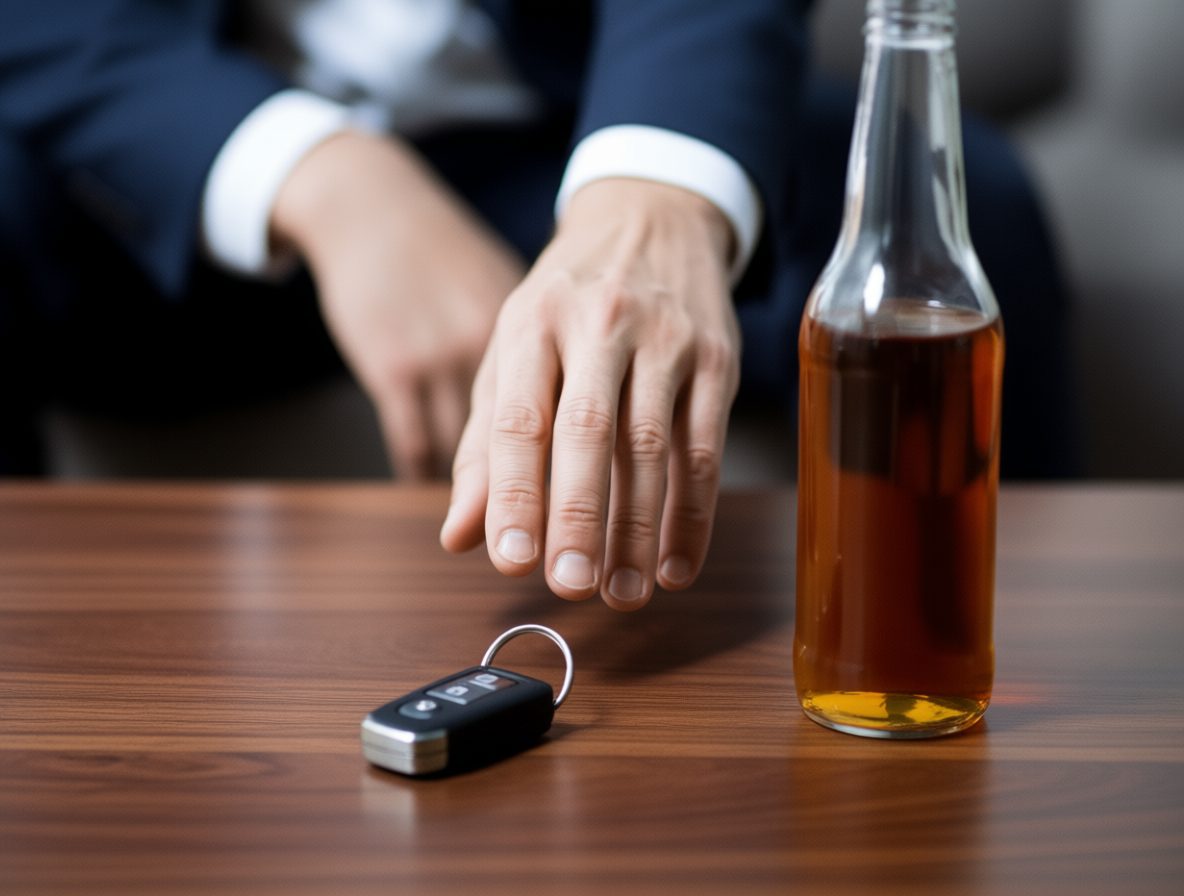
Hygiene skills courses

First aid courses
The practical part of the First Aid training is organized in the following cities: Vilnius, Kaunas, Klaipėda, Alytus, Panevėžys, Šiauliai, Utena, and Molėtai.

Alcohol and Drug Harm Courses

RAVV - Rational Prescription and Use of Antimicrobial Medicinal Products Course
TRAINING FOR COMPANIES
If you are a company, organization, or a group of several people, fill out the form for an offer and we will contact you
ContactFrequently Asked Questions
Who are the mandatory hygiene skills courses for?
HB – This program is intended for all persons required to undergo mandatory hygiene skills training.
HBB – For employees indirectly handling food, primary product manufacturers and producers from primary products; employees handling non-perishable food but not producing, processing, or preparing it.
H1(007) – For education providers teaching persons under 18 years, pedagogical staff, freelance teachers, educator assistants, individual care staff.
H1(017) – For workers in children's recreation camps, children's play areas supervising children.
H2 – For social workers working with adults in stationary and other social care institutions, individual care staff.
H3 – For employees producing cosmetics and providing beauty services, directly involved in customer service, potentially affecting the health of service users.
H4 – For employees providing solarium services, directly involved in customer service, potentially affecting the health of service users.
H5 – For employees providing services in sports clubs, pools, saunas, wellness, directly involved in customer service, potentially affecting the health of service users.
H6 – For employees providing accommodation services, directly involved in customer service, potentially affecting the health of service users.
H10 – For employees involved in food processing, handling, transportation, storage, public or collective catering, and trade (excluding remote trade and pharmacies) – directly handling food.
H11 – For employees performing cleaning services.
H12 – For employees performing laundry and dry (chemical) cleaning.
How to study after purchasing courses online? Where to start?
Hygiene courses:
-
Purchase training on the www.ehigiena.lt website.
-
Log in to your email provided during purchase and find the received email with study material. Study the material and take the theoretical knowledge test at your convenience. After completing the test, a certificate will be automatically generated which you need to save.
When is the certificate issued?
The Hygiene training Certificate will be issued to you only after passing the provided theoretical knowledge test.
I did not save the certificate, what should I do?
You will receive the certificate to the email provided during course purchase.
Is there a specific time to study after purchasing the course online?
The course start, duration, and intensity depend solely on your choice. You can start studying immediately after purchasing the course.
What is the "green card" and how to get it?
"Green card" is another name for the hygiene certificate issued to people working with food processing, transportation, storage, etc. This certificate was traditionally better known as the "green card", but the correct name is the health knowledge and skills certificate. So, if your employer asked you to provide a "green card" for work, then order hygiene courses intended for food handling. H10 or HBB programs.
Is a VAT invoice issued when purchasing courses?
A VAT invoice is issued on the day of course purchase if you check the box indicating you need an invoice. After purchase, it will be sent to your specified email.
Can a company purchase courses for its employees with one payment?
Yes. You can contact us by email at info@togilas.lt or call +370 614 12278 to arrange the required number of courses for employees and payment.
Can the course be paid from another person's account or must it be from the person taking the course?
It can be paid from another person's account.
What is important to know when starting to work with food?
Starting to work with food in the summer – in cafes, restaurants, kiosks, or events – it is important to know the basic rules and responsibilities to ensure the work is safe, hygienic, and professional. Here are the main aspects you must know: 1. Food handling certificate (hygiene courses) Before starting work, it is mandatory to have a health knowledge and skills certification – often this is an online hygiene course. When starting to work with food, you must have a hygiene skills certificate with the HBB+H10 program. You can purchase this hygiene course on the website www.ehigiena.lt You may also need a...
Read moreIt is important to remind beauty specialists that their work is very responsible
"Health is not everything, but without health, there is nothing," said the ancient Greek philosopher Socrates. The goal of beauty services is to maintain or improve the appearance of a person's hair, face, body, and nails by various means and methods, protect their condition, and highlight features. Beauty services include hair, face and body, nail care, tattooing, permanent makeup, and jewelry piercing services. If beauty services are provided unsafely, you may receive additional "gifts" along with beauty, such as fungal infections, scabies, lice, warts, hepatitis B and C, Herpes simplex virus, or even HIV. Are you preparing to become a beauty...
Read moreBe alert, a dangerous form of pneumonia is currently spreading
Signs that may indicate pneumonia: cough, chest pain, shortness of breath, fever, severe fatigue. Not all of these symptoms appear in every person – there may be only a few of them. Moreover, they are easy to confuse with other cold infections, especially now, when many respiratory diseases are spreading. At the moment, we should be very vigilant because there is a type of pneumonia spreading that cannot be heard with a stethoscope. Read more about this at the source: https://www.lrt.lt/naujienos/sveikata/682/2420654/plauciu-uzdegima-diagnozavo-atsitiktinai-sirgdama-vaiksciojau-tris-savaites Take care of yourself, others, and stay healthy ❤️...
Read moreFlu: symptoms, treatment, prevention
Flu is a viral infection that most commonly affects the respiratory tract – the nose, throat, and lungs. It spreads through airborne droplets or by direct contact with an infected person. Types of flu: Human influenza viruses are divided into three types: A, B, and C. Types A and B pose the greatest threat to public health as they are the main causes of epidemics. Type A influenza virus has a wide host range: it can infect not only humans but also animals such as pigs, horses, marine mammals, and birds – both wild and domestic. Such broad virus circulation allows it to...
Read more



